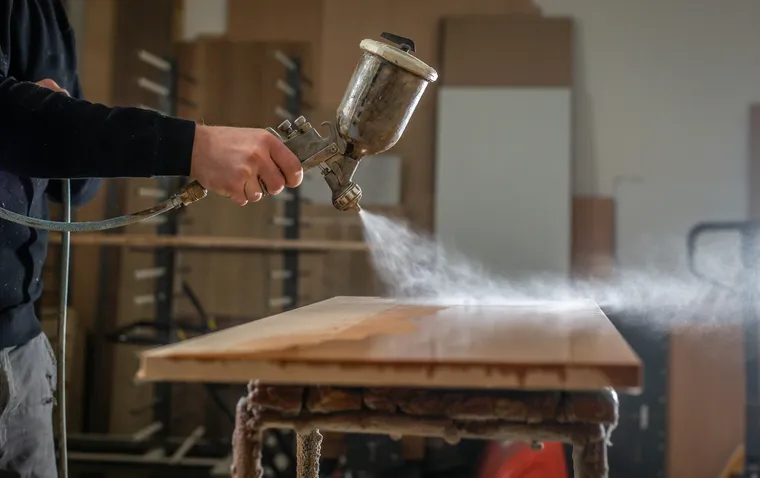Furniture designers often meld creativity with practicality, crafting pieces that are both beautiful and functional. Meanwhile, craftspeople bring these designs to life, meticulously constructing each item with precision and care.
Crafting A Career: Roles In The Furniture Industry
The furniture industry offers an array of roles, each catering to various aspects of creativity, craftsmanship, and business acumen. From the meticulous work of furniture designers who sketch and model bespoke pieces, to the practical skills of carpenters and joiners who bring these designs to life, there's a niche for every talent. Additionally, roles such as upholsterers, who skillfully cover furniture in fabrics and leathers, and finishers, who add the final touches, are crucial in ensuring the end product meets high aesthetic and quality standards. This industry thrives on a combination of tradition and innovation, blending time-honored techniques with modern technology.
Business and administrative roles also play a significant part in the furniture sector. Sales representatives and retail managers drive the market by connecting innovative products with eager consumers, while marketing professionals ensure these pieces reach the right audience through compelling narratives and branding efforts. Logistic coordinators and supply chain managers ensure the smooth movement of goods from manufacturers to retailers, and ultimately to the customers' homes. Even within luxury and premium brands, as serviced by firms like ACCUR Recruiting Services, these operational roles are essential for aligning the right leaders with the mission and vision of the company, fostering growth and stability within this dynamic industry.

Finding Opportunities: Networking And Job Boards
Networking plays a critical role in uncovering furniture job opportunities that might not be advertised publicly. Consider joining industry-specific groups and associations where you can connect with professionals who share your interests. Participate in industry events, seminars, and trade shows to expand your contacts. Social media platforms like LinkedIn provide excellent avenues for networking, allowing you to follow companies, join relevant groups, and engage in discussions.
Job boards remain a valuable resource for discovering available positions in the furniture industry. Websites tailored to home furnishings and furniture roles, such as the Home Furnishings Industry Recruitment and Executive Search, provide targeted listings. Additionally, general job boards like Indeed and Glassdoor can be filtered to find relevant opportunities. Remember to set up job alerts on these platforms to receive notifications about new postings, ensuring you never miss an opportunity that aligns with your career goals.
Training And Education: Building Your Skills
Getting a foothold in the furniture industry often begins with honing specific skills through targeted education and training. Specialized programs and courses are available, ranging from traditional woodworking and upholstery to modern industrial design and furniture technology. Many community colleges and technical schools offer degrees and certificates tailored to furniture crafting. Additionally, industry associations and professional organizations frequently provide workshops, seminars, and certification programs to help you stay updated with the latest trends and techniques.
Beyond formal education, on-the-job training plays a crucial role in skill development. Internships and apprenticeships offer invaluable hands-on experience, allowing you to learn directly from seasoned professionals. Networking with industry insiders can also provide mentoring opportunities, helping you to refine your craftsmanship and business acumen. Engaging in continuous learning keeps your skills sharp and opens doors to various roles within this dynamic industry, ensuring you remain competitive and versatile.
Pay Ranges With A Furniture Job
Pay in the furniture industry varies significantly based on the role and level of experience. Entry-level positions, such as assemblers or delivery workers, generally earn between $25,000 to $35,000 per year. As you gain more experience and potentially move into specialized roles like carpentry or upholstery, annual salaries can increase to the range of $40,000 to $55,000. On the higher end, furniture designers, project managers, and those in executive positions like operations managers can expect salaries ranging from $75,000 to upwards of $120,000.
Advancing in the furniture industry often hinges on a combination of skills, experience, and networking. Continuous education and certification programs, such as those offered by trade schools or industry associations, play a crucial role in skill development. Networking through industry events and job boards can also open doors to new opportunities. Climbing the ladder might also involve relocating to furniture manufacturing hubs or gaining experience with luxury and premium brands. Each step along the path can bring increased responsibilities and rewards, both financially and professionally.
